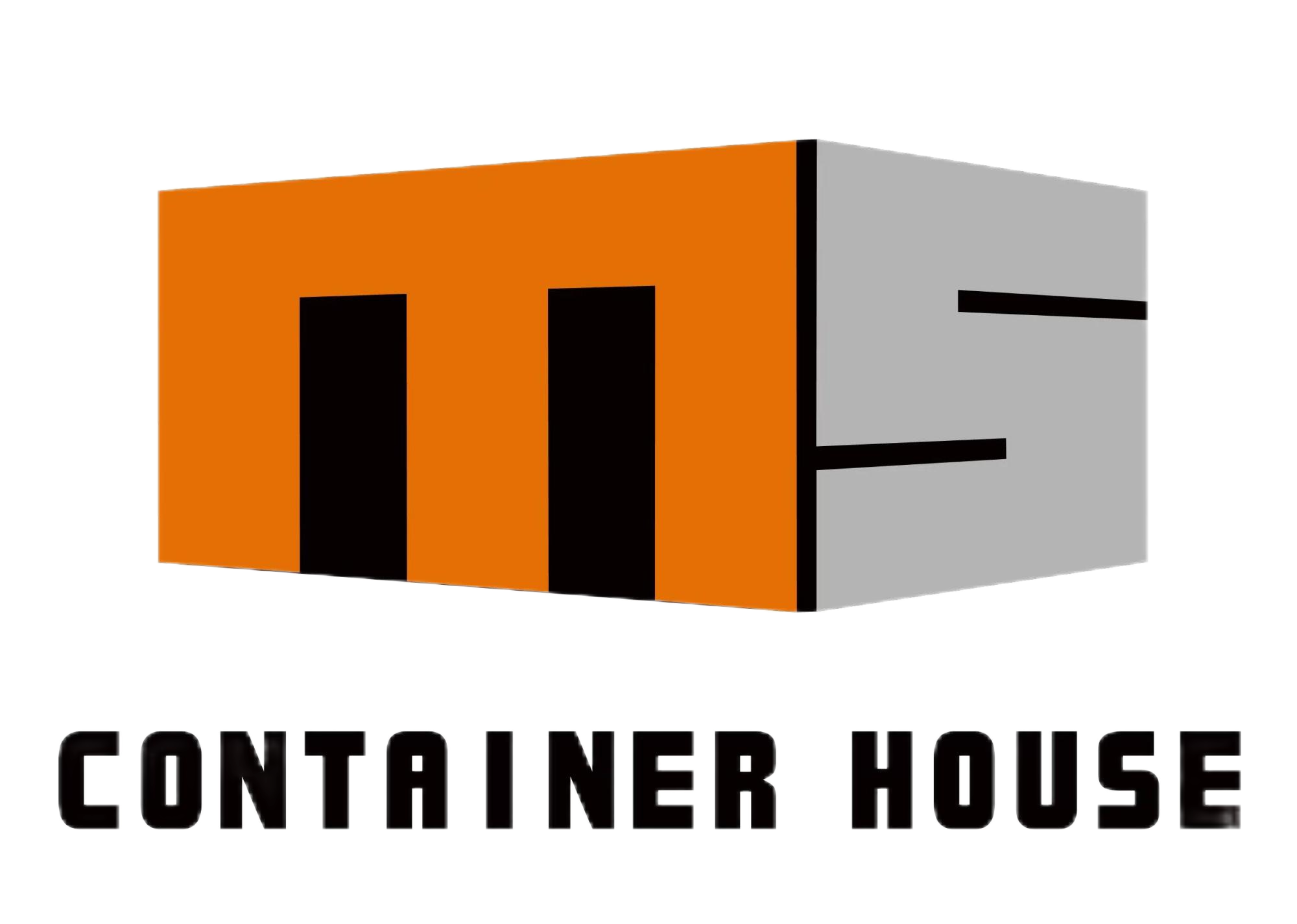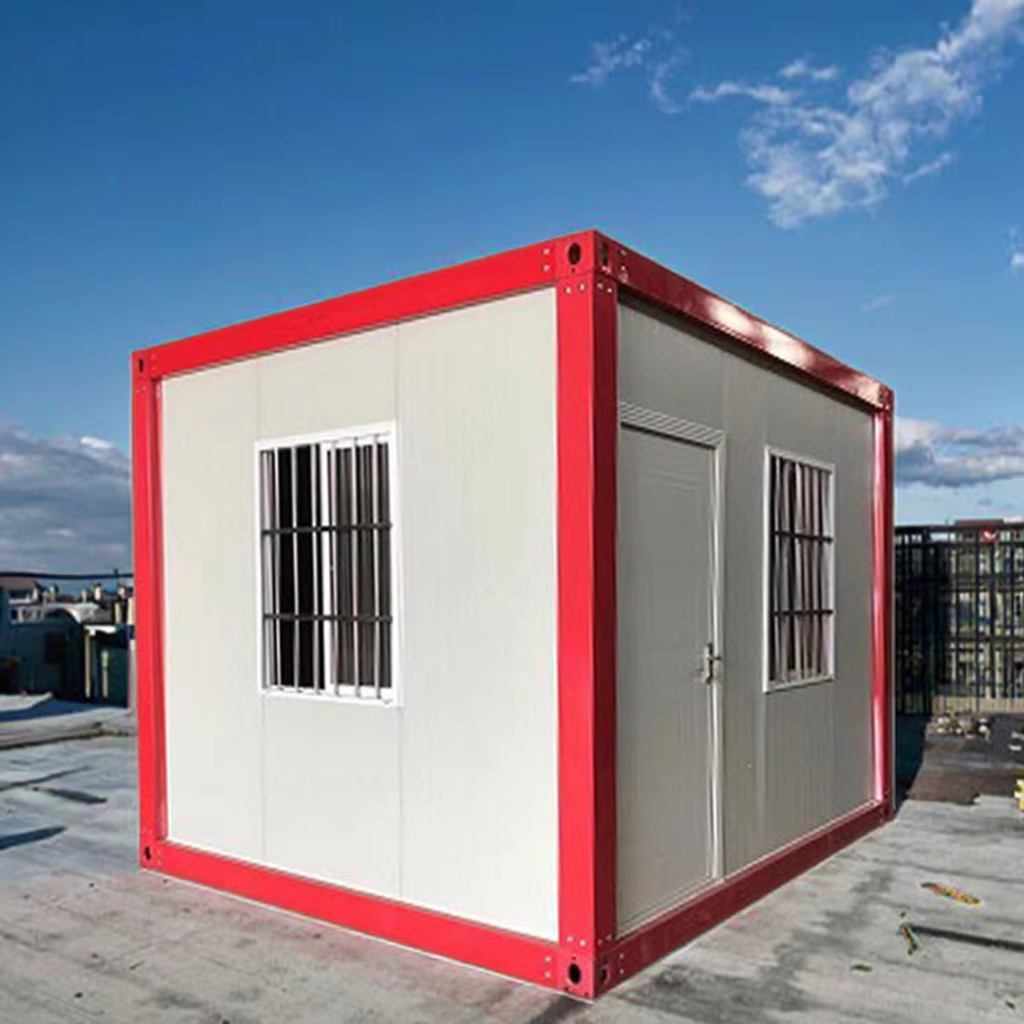Modern Living Solutions: The Rise of Modular Housing
The residential construction landscape is experiencing a remarkable transformation as more families discover the innovative approach of modular houses. These contemporary homes represent a perfect fusion of modern engineering, sustainability, and smart design principles. As traditional home construction faces increasing challenges with time delays and rising costs, modular houses emerge as a sophisticated alternative that's reshaping how we think about building our dream homes.
Modular houses are revolutionizing the housing industry by offering a construction method that combines factory precision with customizable design options. Unlike conventional building approaches, these homes are manufactured in controlled environments, ensuring superior quality control and remarkable efficiency in the building process.
The Building Process and Construction Benefits
Precision Engineering and Quality Control
The construction of a modular house takes place in a state-of-the-art factory setting, where each component undergoes rigorous quality checks. Climate-controlled environments ensure materials aren't exposed to weather damage during construction, resulting in superior structural integrity. Advanced manufacturing techniques and computer-aided design tools guarantee precise measurements and perfect fits for all components.
Factory assembly lines employ skilled craftsmen who specialize in specific aspects of home construction, leading to exceptional attention to detail. This systematic approach eliminates many of the variables that can cause delays and quality issues in traditional on-site construction.
Time and Cost Efficiency
One of the most compelling advantages of choosing a modular house is the significantly reduced construction timeline. While traditional homes can take 9-12 months or longer to complete, modular houses can be ready for occupancy in just 3-4 months. This efficiency stems from the parallel processing of site work and home construction.
The streamlined manufacturing process also translates to cost savings. With bulk material purchasing, minimal waste, and reduced labor hours, modular house construction often proves more economical than traditional building methods. These savings can be redirected toward upgrading finishes or adding desirable amenities to your home.
Design Flexibility and Customization Options
Architectural Possibilities
Modern modular houses shatter the misconception that prefabricated homes lack design variety. Today's modular construction offers endless architectural possibilities, from contemporary minimalist designs to traditional family homes. Architects and designers work with advanced CAD systems to create unique layouts that perfectly match homeowners' preferences and lifestyle needs.
The modular approach allows for easy future modifications and additions, making it simple to adapt your home as your family grows or needs change. From open-concept living spaces to multi-story designs, the flexibility of modular construction ensures your home can be both beautiful and functional.
Interior Customization
When it comes to interior finishes, modular houses offer the same level of customization as traditional homes. Homeowners can select from a wide range of materials, fixtures, and appliances to create their ideal living space. From luxury kitchen installations to spa-like bathrooms, the options for personalizing your modular house are virtually unlimited.
Smart home technology integration is another area where modular houses excel. The factory setting allows for precise pre-wiring and system installation, making it easier to incorporate advanced home automation features from the start.
Environmental Impact and Sustainability
Energy Efficiency Features
Modular houses are at the forefront of sustainable construction practices. The factory-built process allows for optimal insulation installation and precise fitting of energy-efficient windows and doors, resulting in superior thermal performance. These homes often exceed standard energy efficiency requirements, leading to lower utility bills and reduced environmental impact.
Many modular house manufacturers incorporate renewable energy systems and smart climate control features into their designs. Solar panel integration, energy-efficient HVAC systems, and advanced insulation materials are common features that contribute to the home's overall sustainability.
Waste Reduction and Resource Conservation
The controlled manufacturing environment of modular houses significantly reduces construction waste. Materials are precisely cut and utilized efficiently, with excess materials often recycled within the factory. This systematic approach to resource management results in a smaller carbon footprint compared to traditional construction methods.
Additionally, the reduced construction time means less site disruption and fewer vehicle emissions associated with worker transportation and material delivery. This environmentally conscious approach appeals to families who prioritize sustainable living.

Financial Benefits and Long-term Value
Investment Potential
Investing in a modular house offers excellent long-term value proposition. These homes are built to the same codes and standards as traditional houses, and their quality construction often results in lower maintenance costs over time. The energy efficiency features contribute to reduced operating expenses, enhancing the overall return on investment.
Property values for modular houses have shown strong appreciation rates, comparable to traditional homes in similar locations. As awareness of their benefits grows, the market demand for well-designed modular houses continues to increase.
Insurance and Financing Options
Modern modular houses qualify for the same insurance coverage and financing options as traditionally built homes. Many lenders recognize the value and quality of modular construction, offering competitive mortgage rates and terms. The predictable construction timeline also reduces the risk of costly delays that can impact construction loans.
The structural integrity and durability of modular houses often result in favorable insurance premiums, as these homes frequently exceed building code requirements and demonstrate excellent resistance to natural disasters.
Frequently Asked Questions
How long does it take to build a modular house?
The typical timeline for completing a modular house ranges from 3-4 months, significantly faster than traditional construction. This includes both the factory manufacturing process and on-site assembly. However, factors such as site preparation, local permits, and customization choices can affect the overall timeline.
Are modular houses as durable as traditional homes?
Modular houses are built to meet or exceed the same building codes as traditional homes. In fact, because they must withstand transportation and crane lifting during assembly, they often feature additional structural reinforcement. Many modular houses have demonstrated superior durability during severe weather events.
Can modular houses be customized to my specific needs?
Absolutely. Modern modular houses offer extensive customization options, from floor plans and exterior designs to interior finishes and fixtures. Manufacturers work with buyers to create homes that match their exact specifications, lifestyle requirements, and aesthetic preferences, while maintaining the benefits of efficient factory construction.

